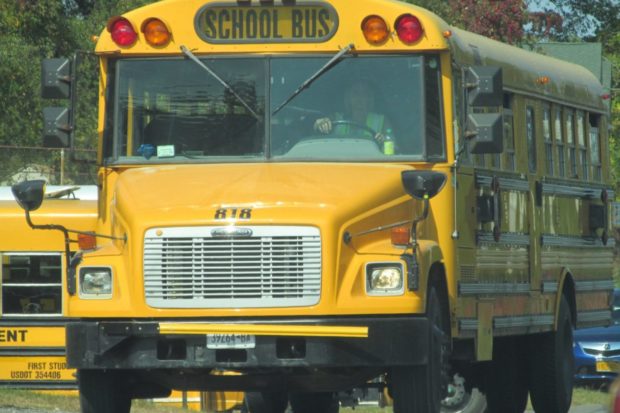
By Ruth Gadebusch
Once again, a group is advocating dividing the Fresno Unified School District. This time it is an east-west divide, apparently thinking they are so clever in including affluent and poverty areas in both proposed districts. One of the leaders of this idea has been involved in various efforts for many, many years and, as far as I know, has never articulated a reason other than the assumption that big is bad and small is good.
You will note that these kind of proposals to divide the district have most often come from the more affluent residents. At least this one does not draw a north-south line exacerbating the divide of poverty and wealth. We have already seen that kind of division in voting patterns in our community.
Working together is the need as the world becomes more global. Does anyone truly think they can sit in some isolated splendor in their own little bailiwick? It was a third of a century ago but I still remember well the planning and effort that went into the desegregation of the district. While it did not bring the integration that we all hoped for, it certainly was the right thing to do. We are a bit closer to being one community than had the “naysayers” won the day.
What is it that those who would divide the district do not understand about the schools reflecting the community? Would they divide the city? Where do they draw the line? All of these entities are more than numbers.
Without doubt, if the social issues of the area were solved, many of the challenges of the schools would be solved. How can even the most conscientious parents of a poverty-stricken student offer the amenities provided by those of wealth? There are entry fees—albeit it sometimes discounted for the poor—for many of our parks, our zoo and our museums. To travel to those at a distance is even further out of reach.
One who has worked all day in a laboring job while concerned about childcare has little energy left for more than meeting the bare essentials. Don’t you dare think that they should not have so many children! Most especially not if you object to sex education in the schools, support eliminating funding of Planned Parenthood or like limitations on women’s healthcare in the Affordable Health Care Act; that is unacceptable.
Nor are books always available. Books cost money. Library hours might not fit a working parent’s schedule, or transportation to the nearest library could be an issue. The parent might be unable to read or the home language might not be English. The obstacles are many, some noted here not as excuses but as realistic conditions affecting the lives of children born into the less-privileged sector. Common everyday matters for those of us in the more privileged areas are impossible barriers for others.
Furthermore, be assured that it is not because we worked harder than “those people over there somewhere.” No matter where we are in the “success chain,” we had some breaks that others might not have had: a mentor, good health, plain luck, etc. I concede that some have made more effort than others, but all had help of one sort or another often determined by birth.
I would urge those who would divide the school district to look elsewhere for changes that would develop a society better serving the needs of all. Why do we still have county islands within the city? These are urban despite all claims to the contrary. Couldn’t there be some cost savings if the sheriff and city police at least partially merged, or some special districts of limited jurisdiction eliminated? Take another look at possibilities.
Shift the thinking in another direction and take a look at the very small school districts, sometimes only one school. Would they benefit by unification? Surely, the advocates for dividing Fresno Unified would want to look at making life better for all students and are not doing it only for their own children.
In short, the school system cannot compensate for all the problems of society. Instead of looking for pie-in-the-sky solutions let’s look at the real issues, the things that truly make a difference with our schools. Do we show our teachers enough respect offering them sufficient resources for the challenges they face in the classroom? Is the pay commensurate with the responsibility? Are we doing our part in cooperating with the schools? We are one community and we need to act as such.
*****
Ruth Gadebusch is a veteran and a community activist, a former member of the Fresno Unified Board of Education and the California Commission on Teacher Credentialing and an emeritus member of the Board of Directors of the Center for Civic Education.
